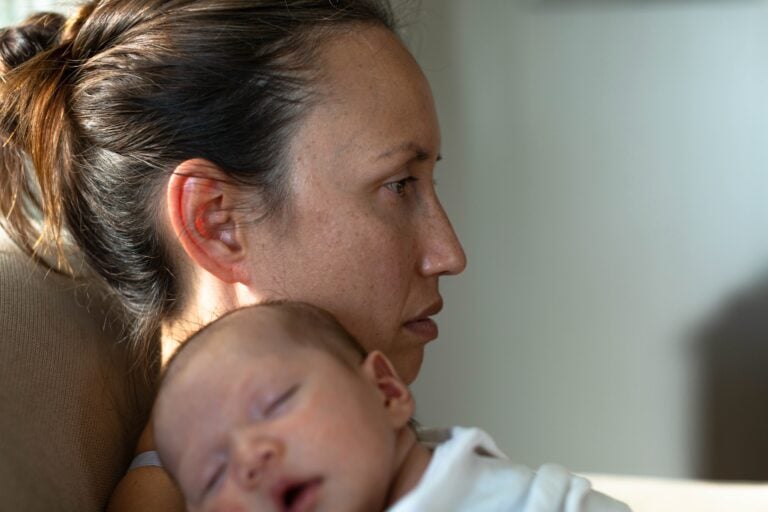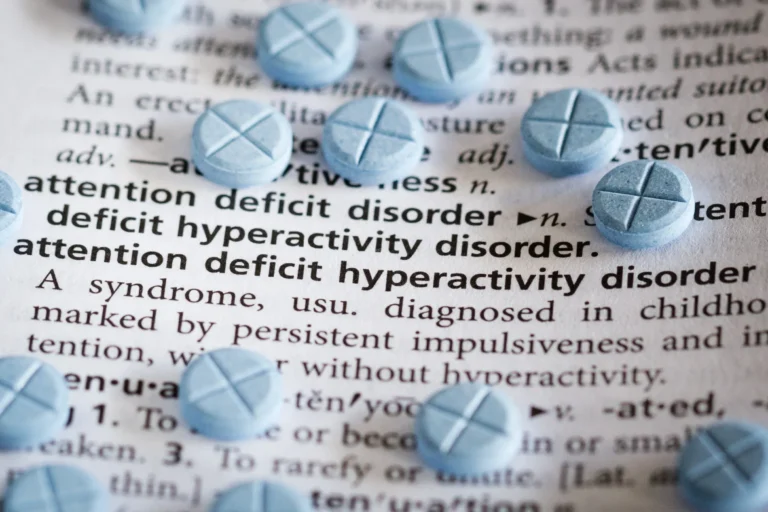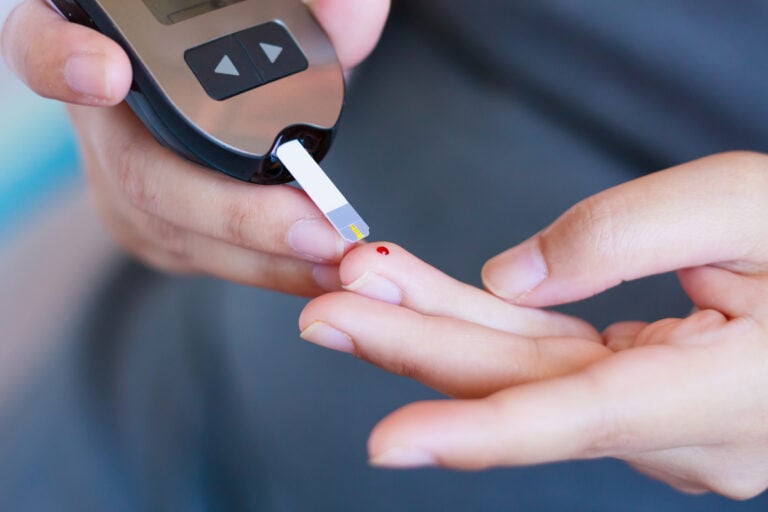If you’re like most women, your monthly cycle is not “average.” Only 5 to 10 percent of us have what many consider an “average” and “regular” 28-day cycle.
Whatever the length of a given cycle (which always begins on the first day of your period), it is composed of several distinct phases. These phases are regulated by hormones, and triggered by your brain. The most important phase of each cycle for family planning purposes is ovulation.
When you ovulate, an egg is released by your ovaries. It’s only when an egg is present that you can get pregnant. If the egg is not fertilized by sperm, it will only live 12-24 hours. Since sperm can live up to 5 days, intercourse within the 5 days leading up to ovulation may result in a pregnancy. That’s why it’s important to know when ovulation is approaching and when it actually occurs.
These fertile days are clearly signaled in a few different ways by your body. Once you learn to recognize these signs, you can know with certainty on any given day whether you could get pregnant or not.
Keep reading to learn more about why ovulation matters, below, and how you can know exactly when you’re fertile by reading the clear signs of your body.
Why ovulation matters
Most birth control methods work mainly by blocking ovulation through the use of synthetic hormones. These methods include:
- The Pill
- Vaginal rings (Nuvaring®)
- The skin patch
- Implants
- Shots (Depo-Provera®)
- Hormonal IUD (Mirena®)
Your ovulation is a healthy and normal process, not an illness to be cured or suppressed with drugs. Blocking ovulation produces effects that go far beyond just preventing pregnancy. Studies show how it impacts you, your health, and your relationships.
For more on understanding your menstrual cycle, see the articles below.
-

Should your daughter with Type 1 diabetes go on birth control?
By Christina Valenzuela • February 22, 2024How blood sugar needs shift over the course of the cycle -

If you developed depression after taking birth control, you might be at higher risk of postpartum depression later on
By Alex Rico • November 3, 2023Women with a history of depression on birth control may be at higher risk -

Study: Menstrual disturbances in female cancer patients often go unaddressed
By Anne Marie Williams, RN, BSN • September 8, 2023At Natural Womanhood, we frequently reference the menstrual cycle’s significance as a “fifth vital sign,” especially— according to… -

The possible connection between ADHD and Premenstrual Dysphoric Disorder (PMDD)
By Taryn DeLong • August 24, 2023It seems like every week another woman I follow online is talking about being newly diagnosed with attention-deficit… -

What causes painful periods, aka dysmenorrhea?
By Madison Ayers • June 9, 2023Have you ever missed school or work due to a heavy, painful period? Stayed home and canceled plans… -

Does birth control affect blood sugar?
By Kristen Curran • March 31, 2023A recent Healthline article on medications that can raise blood sugar and impact Type 2 diabetics included hormonal… -

Where is my period? The causes of primary amenorrhea
By Jasmine Adams • March 17, 2023Ah, periods. They might be frustrating and inconvenient when they arrive, but we certainly don’t like to see… -

College hookup culture pulls women out of the driver’s seat when it comes to introducing sex in relationships
By Joe Malone • February 24, 2023In a previous article, we looked at the why behind hookup culture’s destructive impact on college-age women in… -

What’s happening in male vs. female brains during sex?
By Joe Malone • February 17, 2023In the process of writing my PhD dissertation about how young women’s overall health and wellness impact the…





